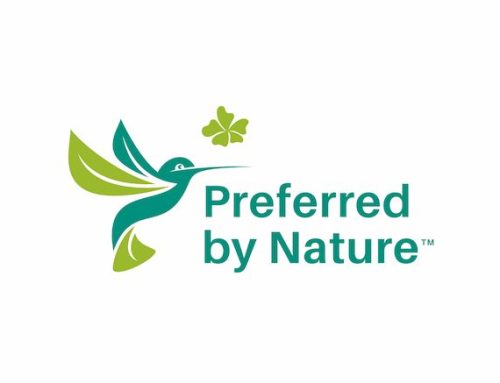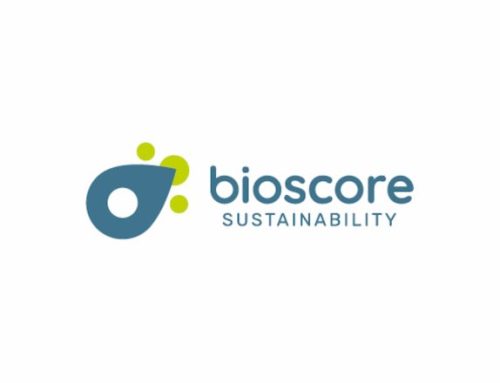On November 3rd and 4th, 2021, the five regional destination management organizations of the British Columbia Regional Tourism Secretariat – BCRTS (Cariboo Chilcotin Coast Tourism Association, Kootenay Rockies Tourism Association, Northern BC Tourism Association, Thompson Okanagan Tourism Association, Tourism Vancouver Island) and the Global Sustainable Tourism Council (GSTC) held a joint virtual tourism summit. Reimagining the Future of Tourism: Rebuild, Reframe and Rethink was the theme of the event.
The summit was filled with inspiring moments and key insights to reimagine the future of tourism. The virtual format allowed to connect with over 900 delegates from British Columbia, Canada, and over 60 other countries.
As a virtual event, many aspects will live on beyond the days of the Summit and can be accessed until December 5, 2021.
GSTC Destination Management Workshops at the BCRTS Tourism Summit
The GSTC hosted three Destination Management Workshops over the two-day summit that brought together over 300 global participants.
GSTC Destination Management Workshop 1: Measuring Carbon Emissions
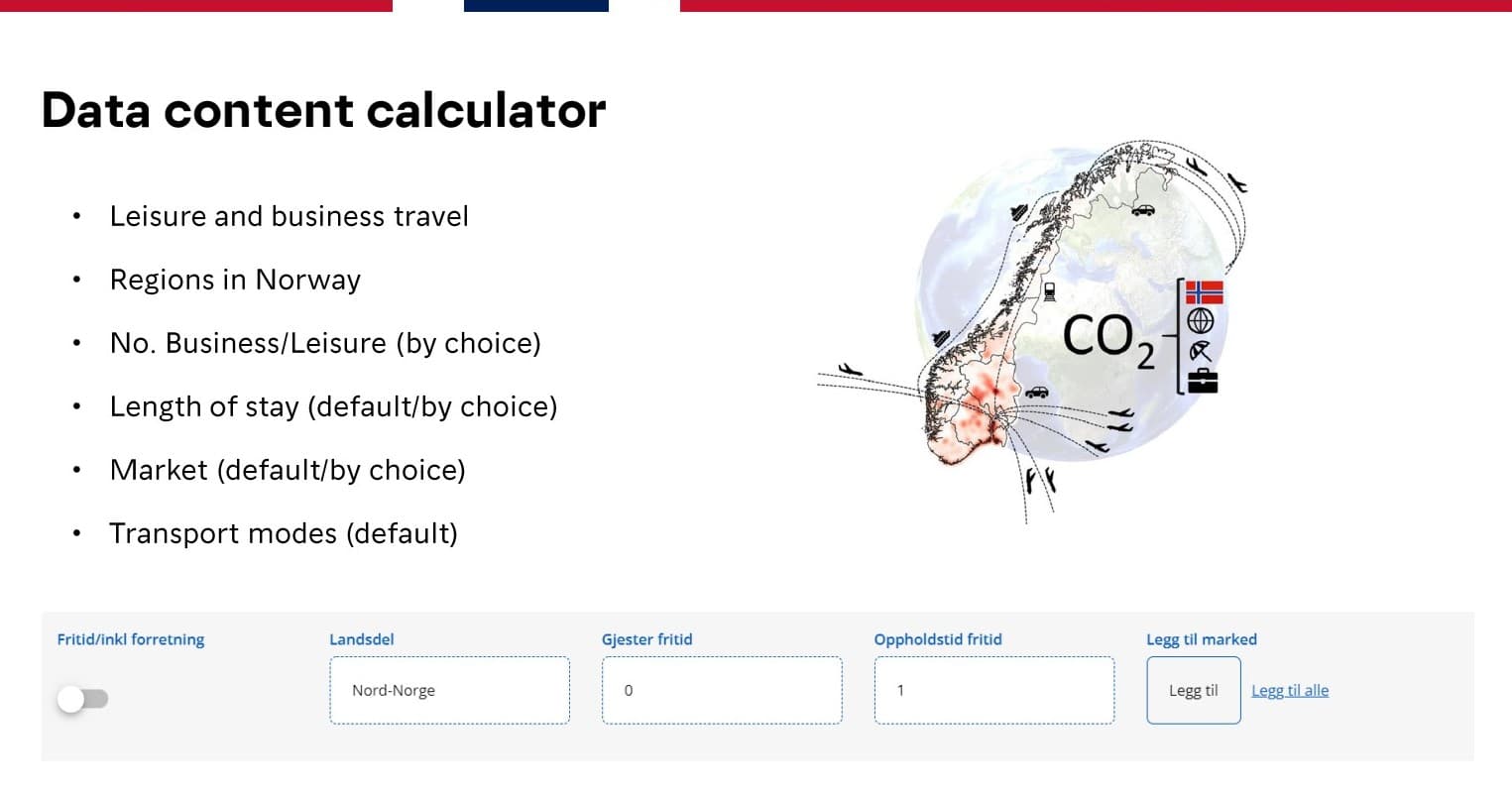
Innovation Norway’s CO2 calculator
On day 1, Dr. Kelly Bricker, GSTC Vice-Chair, opened the workshops with a presentation introducing GSTC and GSTC Criteria. The GSTC Destination Management Workshop on measuring carbon emissions followed the opening remarks. Ingunn Sørnes, Special Advisor from Innovation Norway, presented Innovation Norway’s “CO2rism” as a tool for calculating the CO2 emissions caused by the transport of tourists to and within Norway.
“Sustainable destinations have to work with actions,” says Ingunn. “The destination management organizations that have entered this scheme have to plan, to cooperate, to implement, and to measure sustainability tasks on a broader scale. This scheme drives competence and awareness for the local DMOs, making it possible to monitor the progress. One of the criteria is to measure the carbon footprint related to tourist travels and to reduce those footprints.”
Recording of the GSTC Destination Management Workshop 1 is available on the GSTC YouTube Channel.
GSTC Destination Management Workshop 2: Engagement with the Private Sector
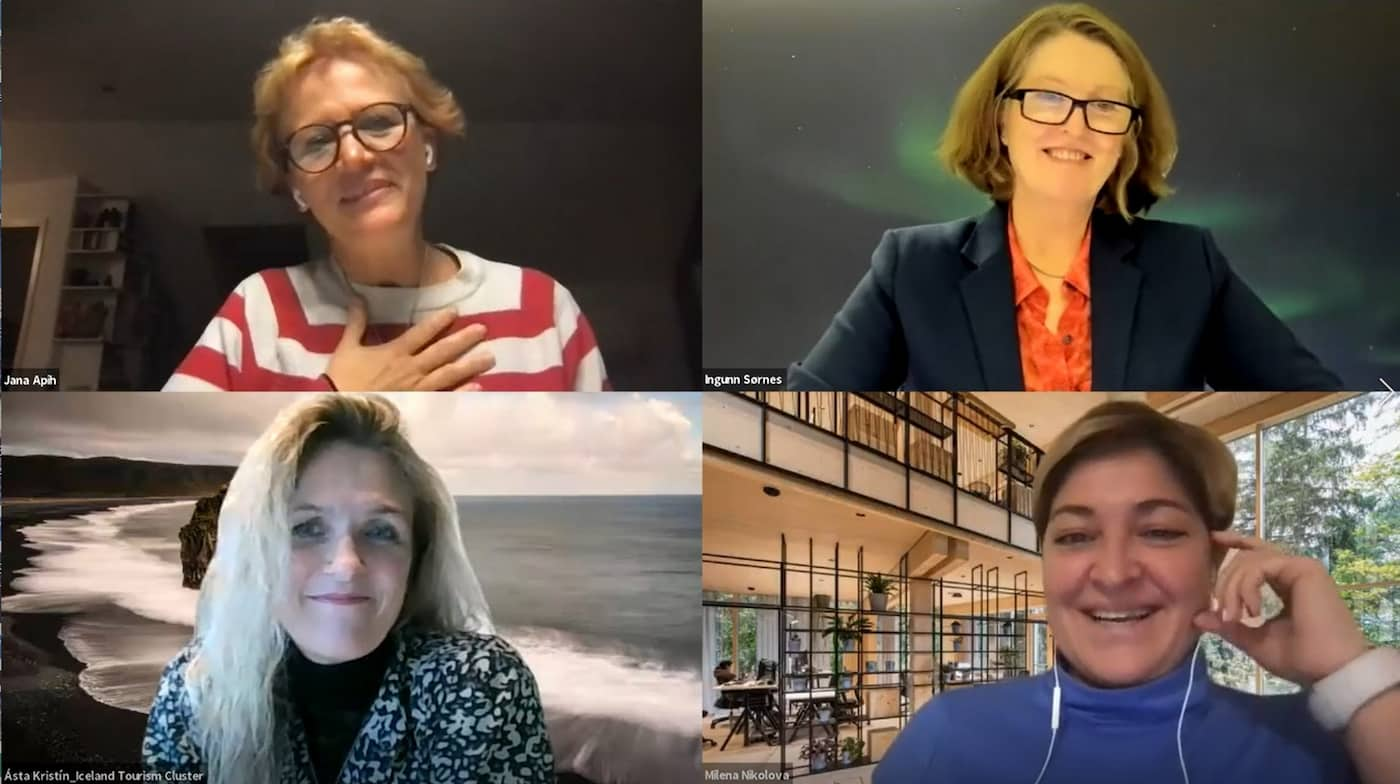
Top: Jana Apih, Ingunn Sørnes; Bottom: Ásta Kristín Sigurjónsdóttir, Milena S. Nikolova
Next, Jana Apih, Director of GoodPlace, led the workshop with the question “How to move from destinations serving tourism to tourism serving destinations?” Starting with a case study of Slovenia Green Destinations, participants learned how a DMO could better engage the private sector and drive certification to make the destination more sustainable as a whole.
“Certifying businesses and destinations is the first step in making sure we are not greenwashing, that we are doing actions. This ensures that both destinations and businesses evaluate their performances, building on those performances to make their products and management more sustainable,” says Jana. “Once they do that, we need to think about the added value to visitors and that visitors understand the value of sustainable products.”
The presentations initiated great conversation and questions from the participants, which led to a lively and engaging panel discussion with Jana Apih, Ingunn Sørnes, Ásta Kristín Sigurjónsdóttir, Managing Director of Iceland Tourism Cluster, and Milena S. Nikolova, Chief Behaviour Officer of BehaviorSMART and Co-Founder of BeSMART Nordics. In addition to discussing how to engage with the private sector, the dialogue centered around bringing added value to local businesses and problem-solving with the community.
Recording of the GSTC Destination Management Workshop 2 is available on the GSTC YouTube Channel.
GSTC Destination Management Workshop 3: Natural Areas and Visitor Management
On day 2, the GSTC Destination Management Workshop focused on three main topics. After opening remarks from GSTC Vice-Chair, Dr. Kelly Bricker, the workshop with presentations and panel discussions surrounding Natural Areas and Visitor Management.
Session 1: Management and Overtourism
“The Gradac River Gorge: Organic Solutions” by Dr. Ivana Damnjanović, Assistant professor at Singidunum University;
“Resilience Building in Tongass, Alaska” by Julia Branstrator, Dr. Christina T. Cavaliere’s Tourism and Conservation Lab, Human Dimensions of Natural Resources, Colorado State University
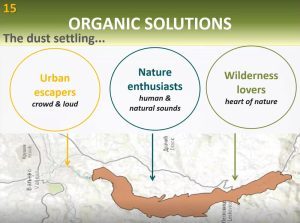
Organic solutions in Gradac River Gorge, Serbia, Ivana Damnjanović
Session 2: Public-Private Sector Collaboration
“Gateway and Natural Amenity Region (GNAR) Initiative” by Jake Powell, Extension Specialist, Utah State University;
“National Park Concessioners and Sustainability: A Case Study of Grand Teton National Park” by Dr. N. Qwynne Lackey, Assistant Professor, SUNY Cortland;
“Collaborative Response to Overtourism in Sedona” by Candace Carr Strauss, President & CEO, Sedona Chamber of Commerce & Tourism Bureau
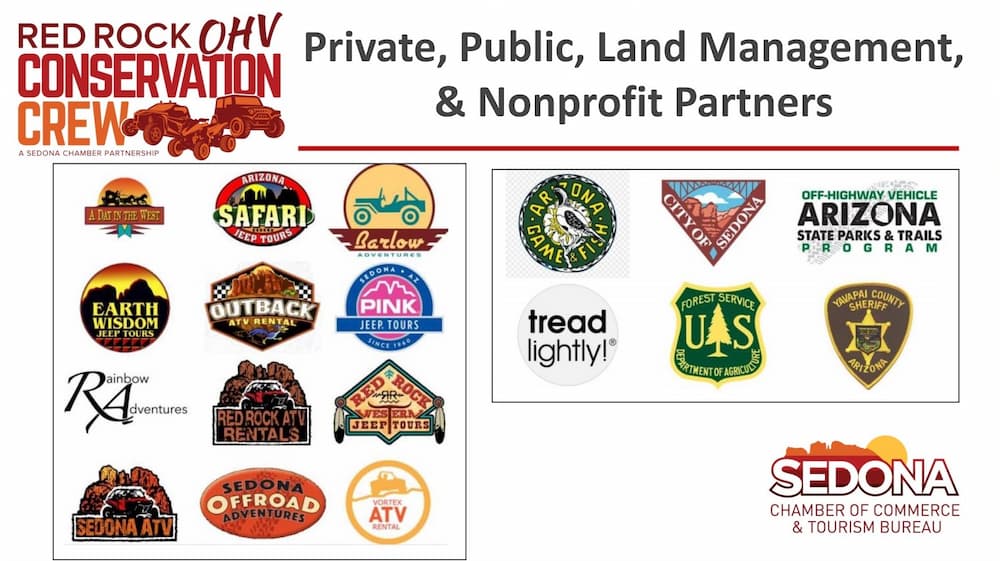
Public, private, non-profit collaboration in Sedona, Candace Carr Strauss
Session 3: Indigenous Destination and Community Partners
“Montana Indigenous Tribal Alliance” by Dr. Kristin Lamoureux, Associate Professor, Virginia Tech;
“Cooperative Management and Visitor Use Management at Gwaii Haanas” by Rogier Gruys, Visitor Experience Manager, Gwaii Haanas National Park Reserve, National Marine Conservation Area Reserve and Haida Heritage Site;
“Our Aboriginal Community in LATAM: A Case Study of Chile” by Jorge Moller, Program Director of Latin America, GSTC
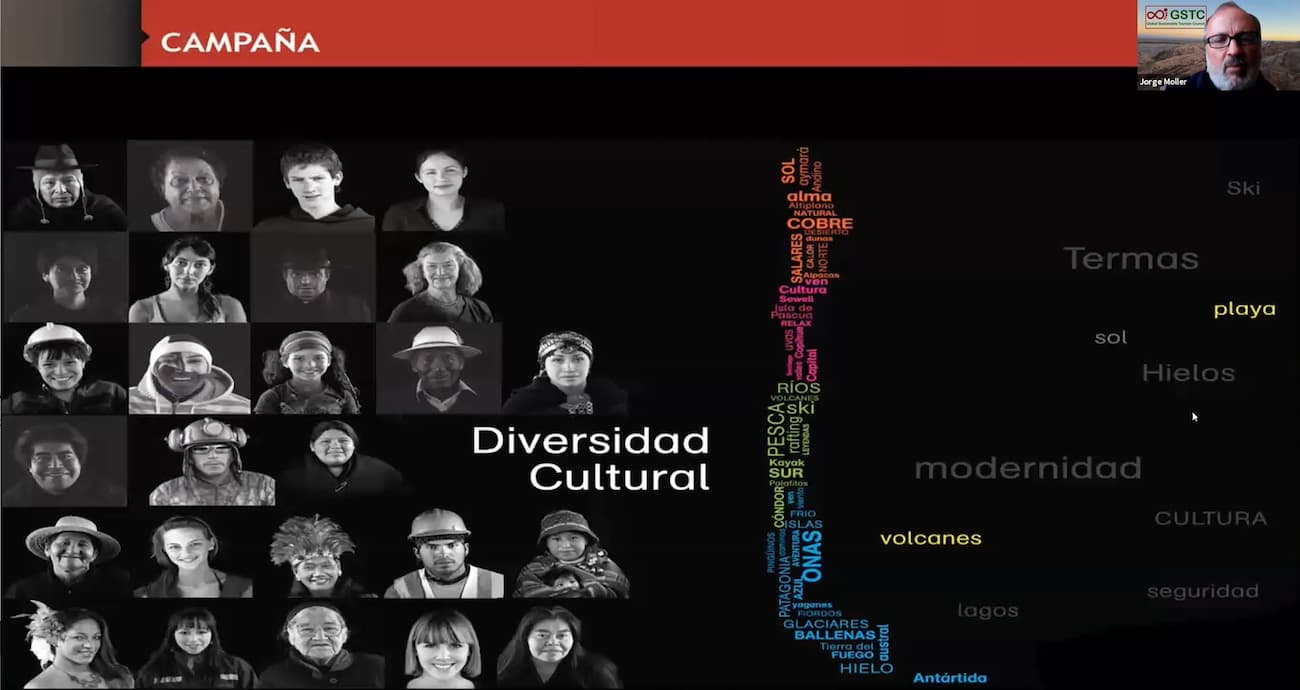
Cultural diversity in Chile, Jorge Moller
After each of the three sessions, Dr. Kelly Bricker, GSTC Vice-Chair, led a panel discussion and Q&A session. The dialogue was engaging and allowed insights and ideas to be shared among presenters and participants.
“The workshops on nature-based and indigenous tourism visitor management provides important case studies and solutions relative to sustainable destinations and management. These sessions address challenges faced by protected areas and adjacent communities, as visitation increases in popularity. Speakers identified the issues and creative solutions to visitor management in these special places from North and South America to examples in Europe,” says Dr. Kelly Bricker.
Recording of the GSTC Destination Management Workshop 3 is available on the GSTC YouTube Channel.
For updates about future GSTC events and other important developments, sign up for GSTC monthly newsletter.


